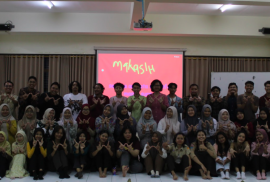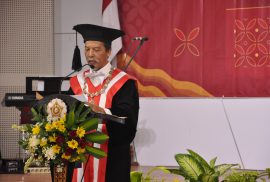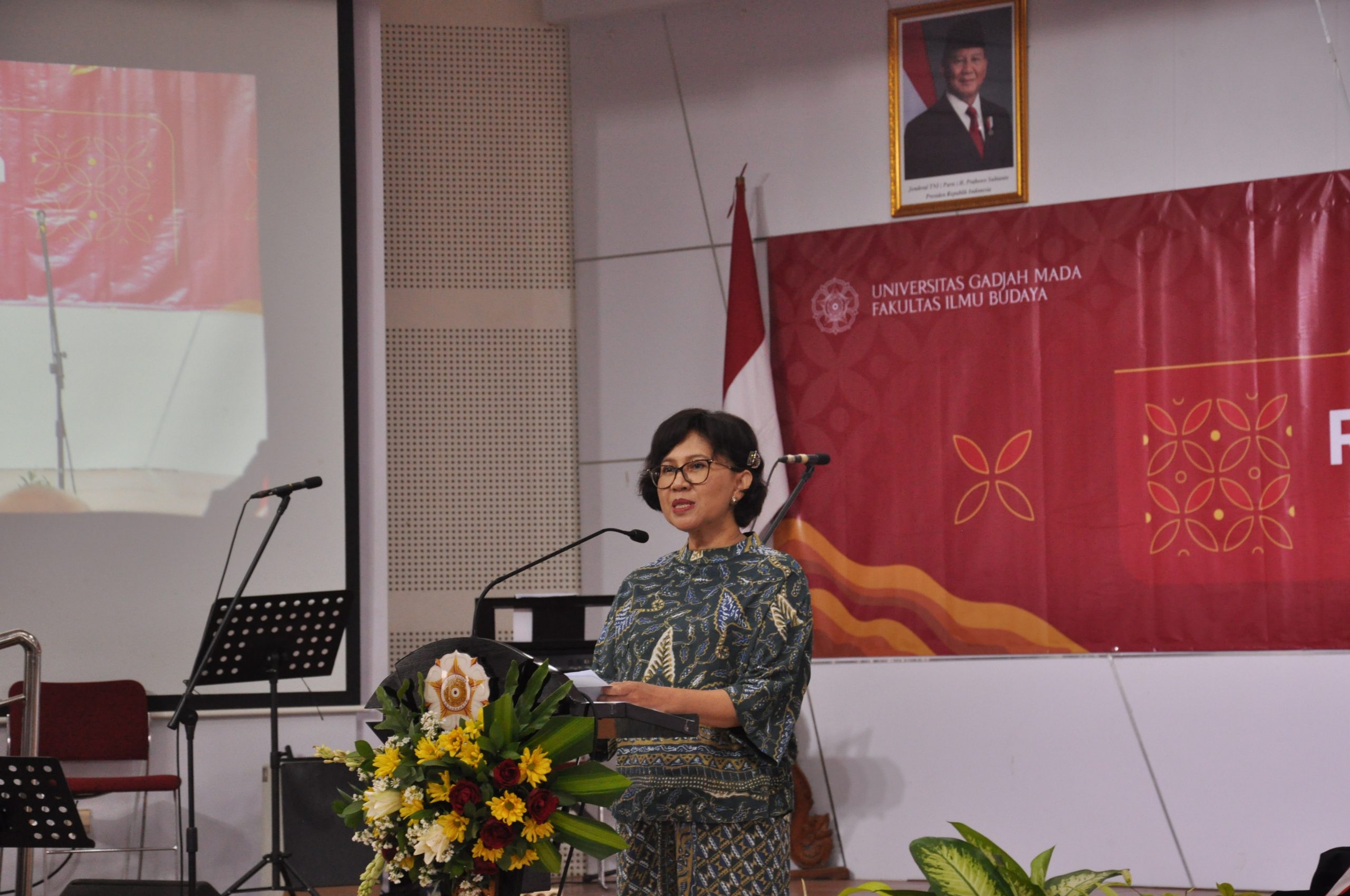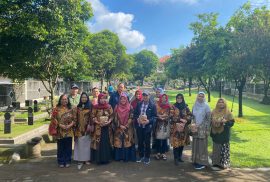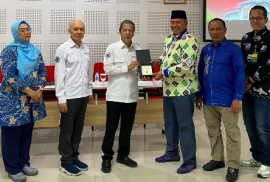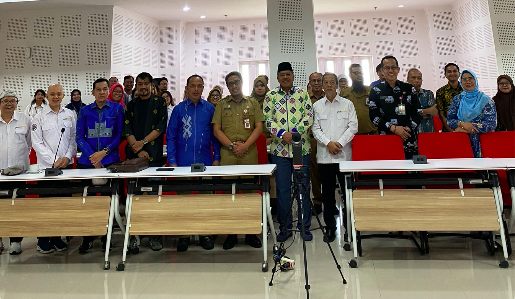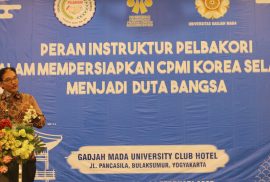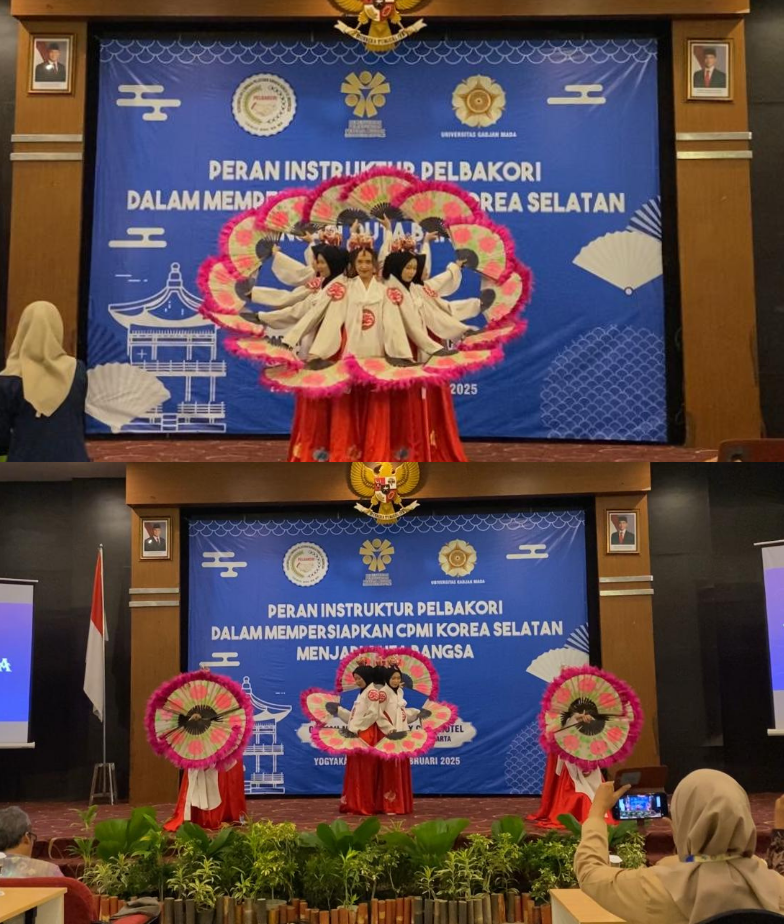Yogyakarta, 10/2/2025 – After conducting a series of registrations and member selection of the Students Association, finally on Monday, February 10th 2025, the Family of Javanese Language, Literature, and Culture Students (KAMASTAWA) held the first gathering for the new members of the association. This meeting was held in room 303 of the Margono Building, Faculty of Cultural Sciences in the afternoon after the class was finished.
The purpose of this First Gathering is to familiarize all members of HMJ Kamastawa so that in the future they will have a good and close relationship with each other. Familiarity and personal closeness can also support the performance and cooperation between members in an organization.
The event began with an opening by the MC, then continued with the introduction of the division heads and their members. After that, each division briefly presented its work program. After all divisions presented their work program plans, the event continued with an exchange of gifts and simple games. This event can be said to have run smoothly and had a warm atmosphere because of the enthusiasm of the new members. And in this First Gathering, each division was also asked to wear a certain color to distinguish between one division and another.
The First Gathering was relaxed and fun because it involved a bonding process without seniority walls between the 2023 and 2024 classes. It is important to eliminate the sense of seniority to foster a sense of kinship. Ultimately, this sense of kinship will bring a comfortable and safe organizational atmosphere for all its members. It is hoped that with this activity, the work programs that will be held by HMJ Kamastawa in the future can run smoothly without significant obstacles. It is also hoped that the dynamics and cooperation between division members can flow without obstacles.
[Public Relation of Javanese Literature, Fega Achillea Maydena]

